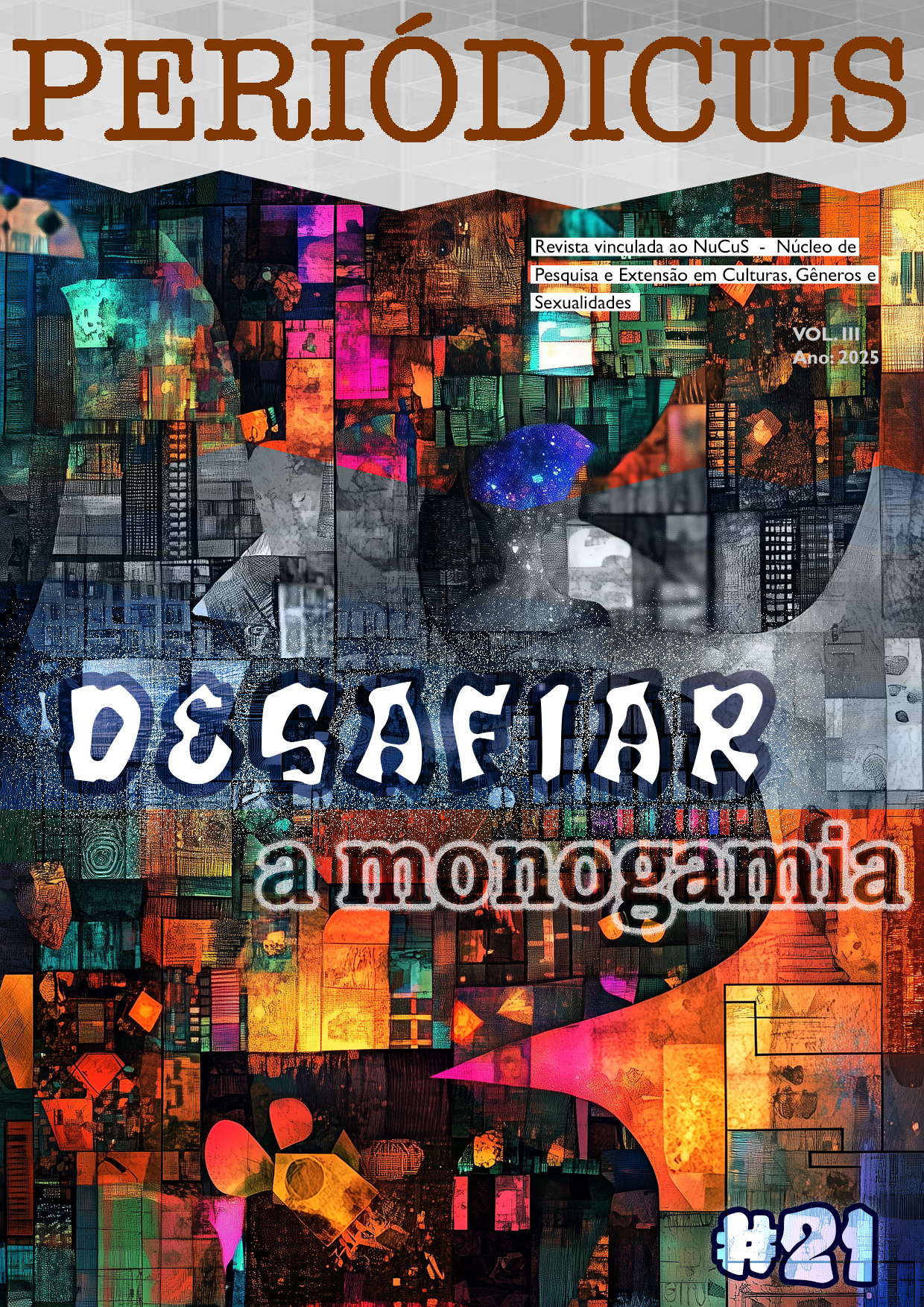Politics in the name of children
dis/orientations of the body in the children’s picturebook Banho!
DOI:
https://doi.org/10.9771/peri.v3i21.60497Abstract
Within a turbulent political context which nourishes conservative discourses in defense of the traditional Brazilian family, this article aims to analyze the norms that dis/orient the de/re/construction of children’s body in the children’s picturebook Banho! (Bath, in a literal translation) under the paradigm of the myth of childhood innocence. It examines the pictorialization of children’s genitalia as presented by the book through the lens of Queer Linguistics, while the method incorporates a multimodal perspective due to the languages of the picturebook. Considering that the language of children’s literature produces subjects, it is offered a perspective of children’s literature as politics of identity. In the case of Banho!, the possibility of pictorialization of children’s genitalia mobilizes norms of the body in accordance with a white, cisgender identity as a natural status, which indicates a strategy of de/legitimization regarding children’s bodies.
Downloads
Downloads
Published
How to Cite
Issue
Section
License
Copyright (c) 2025 Guilherme Diniz Machado

This work is licensed under a Creative Commons Attribution-NonCommercial 4.0 International License.
Authors who publish in this journal agree to the following terms:
Authors retain copyright and grant the journal the right of first publication, with the work simultaneously licensed under a Creative Commons Attribution Noncommercial License that allows the work to be shared with acknowledgment of authorship and initial publication in this journal, but prohibits commercial use.
Authors are authorized to enter into separate additional contracts for non-exclusive distribution of the version of the work published in this journal (e.g., publishing in an institutional repository or as a book chapter), with acknowledgment of authorship and initial publication in this journal.
Authors are permitted and encouraged to publish and distribute their work online (e.g., in institutional repositories or on their personal website) at any point before or during the editorial process, as this can generate productive changes and increase the impact and citation of the published work (see The Effect of Open Access).








